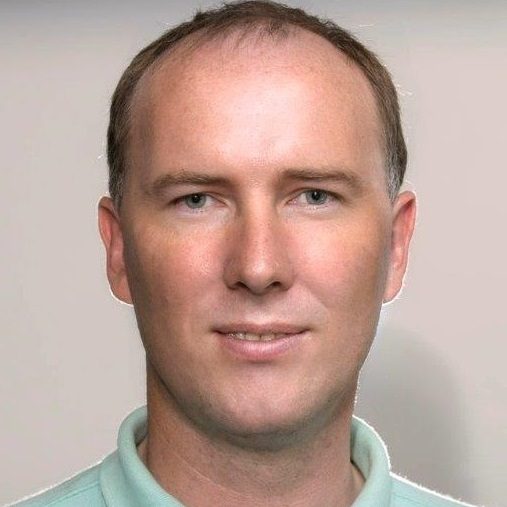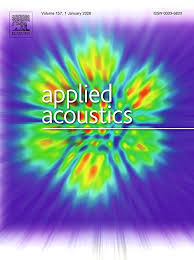Automatic 3D scanning surface generation for microphone array acoustic imaging
BibTeX
This work presents a new technique for automatically generating the 3D scanning surface for acoustic imaging using microphone arrays. Acoustic images, or maps, of sound coming from spatially distributed sources, may be generated from microphone array data using algorithms such as beamforming. Traditional 2D acoustic maps can contain errors in the near-field if the object being imaged has a 3D shape. It has been shown that using the 3D surface geometry of an object as a scanning surface for beamforming can provide more accurate results. The methods used previously to generate this 3D scanning surface have either required existing CAD (Computer-Aided Design) models of the object being acoustically imaged or have required separate equipment which is generally bulky and expensive. The new method uses one or more cameras in the array, a data projector, and structured light code to automatically generate the 3D scanning surface. This has the advantage that it is inexpensive, can be incorporated as an add-on to existing microphone arrays, has short scan time, and is capable of being extended to imaging dynamic scenes. This technique is tested using beamforming and CLEAN–SC (CLEAN based on spatial Source Coherence) algorithms for a spherical array and an Underbrink multi-arm spiral array. For sound sources located about 1.2 m from the array, the mean position errors obtained are 6 mm. This is a quarter of the diameter of the mini-speakers being used as sound sources.

